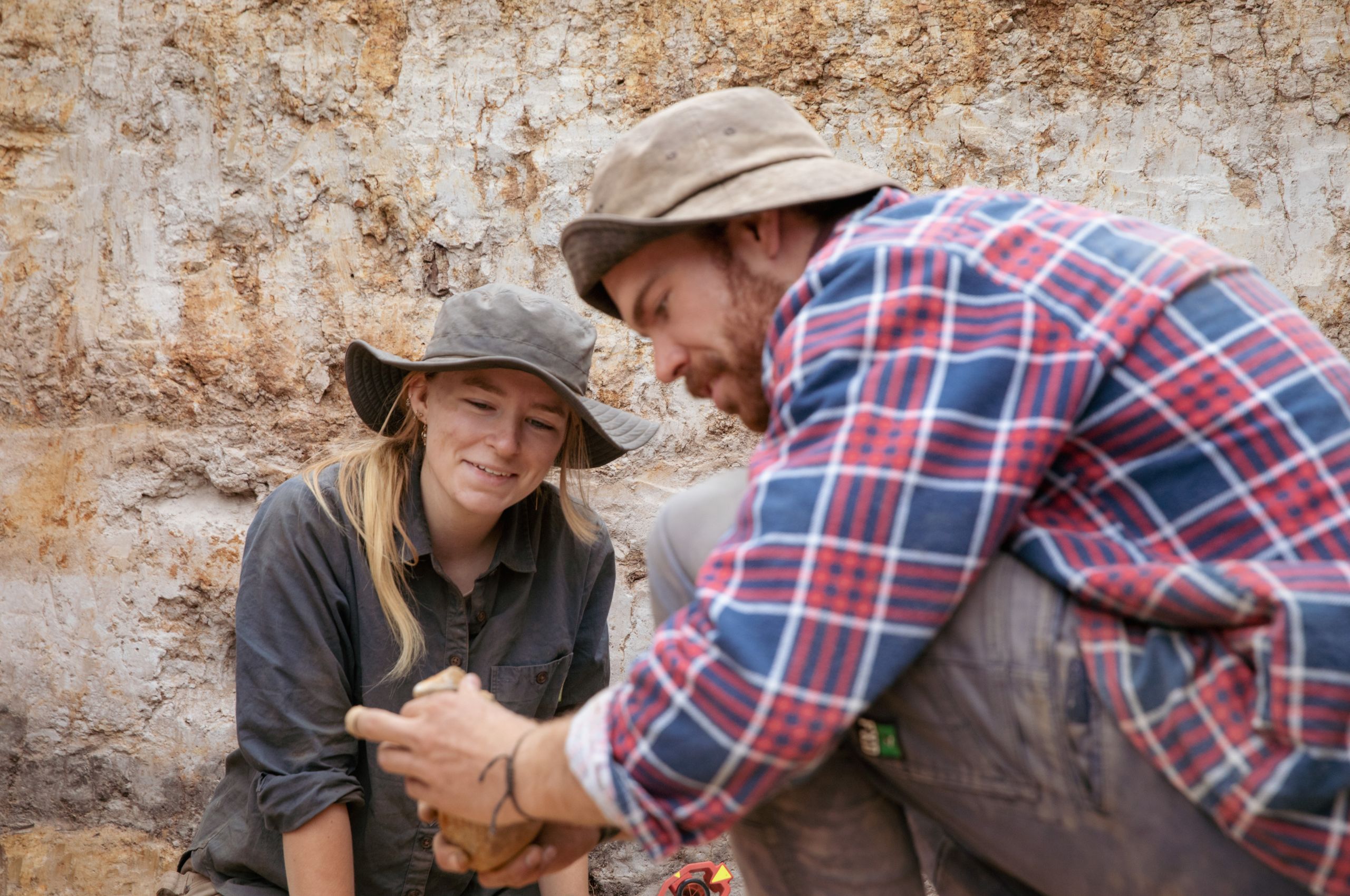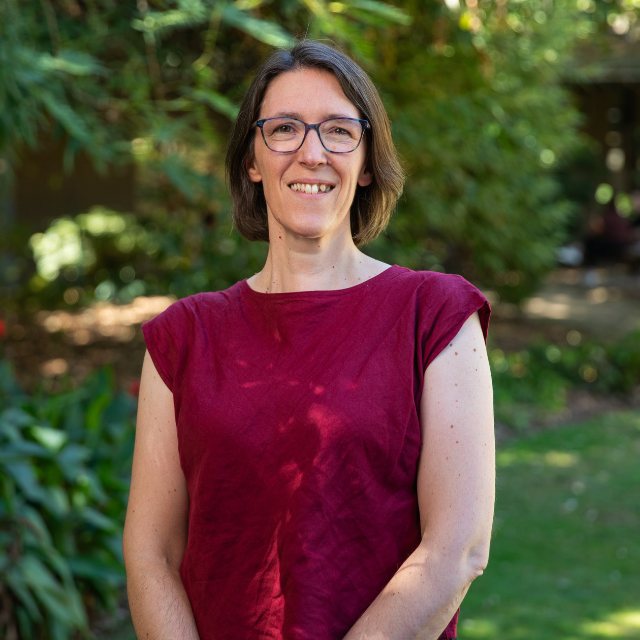About the Department of Archaeology and History

Studying the past opens our minds to what is possible. It shows us the paths taken – or not taken – to create our current world.
The Department of Archaeology and History offers degrees, majors and short courses at La Trobe University’s Melbourne and regional campuses.
Our Department is part of the School of Humanities and Social Sciences.
Our goal is to inspire students to join us in building knowledge about our world, and its many pasts, so that we can create a better future.
Our History graduates have pursued careers in state, local and federal government, galleries, libraries, archives and museums.
Our Archaeology graduates have pursued careers in mining and construction development, within the Australian heritage sector, museum curation, government heritage management, academia, television and documentary film making.
Our researchers produce high impact outcomes. We recognise our responsibility to lead in the ethical study of the past, engage with stakeholders and share our research findings with the communities we serve. We partner closely with industry, local government, other universities and the heritage sector.

Through our research and teaching we explore how the peoples, places, objects, events and stories of the past are deeply relevant to the present, and for the future.
Learning through discovery
Whether you are wanting to become an archaeologist, archivist, museum curator or policy adviser, a La Trobe degree is the gateway to a rewarding career.
Our Archaeology students get experience in the Australian heritage sector, or on location at one of our excavation sites around the world – where they get to explore medieval Sri Lanka, the origins of farming in Jordan, or our earliest origins in South Africa.
Students learn from professional archaeologists and researchers, and can join field schools and global study tours. At La Trobe, our world-class laboratories expose students to further research opportunities, where they can work on projects to estimate the age of our earliest ancestors, reconstruct ancient environments using pollen, or understand past diets.
Our History students have the opportunity to explore European, British, Asian, African, Australian and United States history, with a focus on settler colonialism and decolonisation, environmental history, migration, human rights and activism, gender and sexuality.
Our students engage in historical debates, challenge traditional ideas and methodologies, and learn how the past becomes history. They also have opportunities to study overseas, where they can apply their historical thinking to new contexts.
Understanding our past
We partner with our communities to develop new understandings of the past.
Our archaeologists are world-leading researchers who publish in top academic journals including Nature and Science. Our research focuses on the Australian record but also has global reach, with projects on China, Jordan, Kenya, North Macedonia, Oman, Saudi Arabia, South Africa, Sri Lanka, the United Kingdom and the United States.
Our historians have an international reputation for distinguished, innovative and engaged scholarship. From Pulitzer Prize winners to well-known media commentators, our staff have shaped how the past is understood.
Geographically, our research program has long-held strengths in Australian, modern American, British and European history, and a developing strength in Asian history. We also have important thematic strengths including the environment, gender, labour, economic history and the history of settler colonialism.
